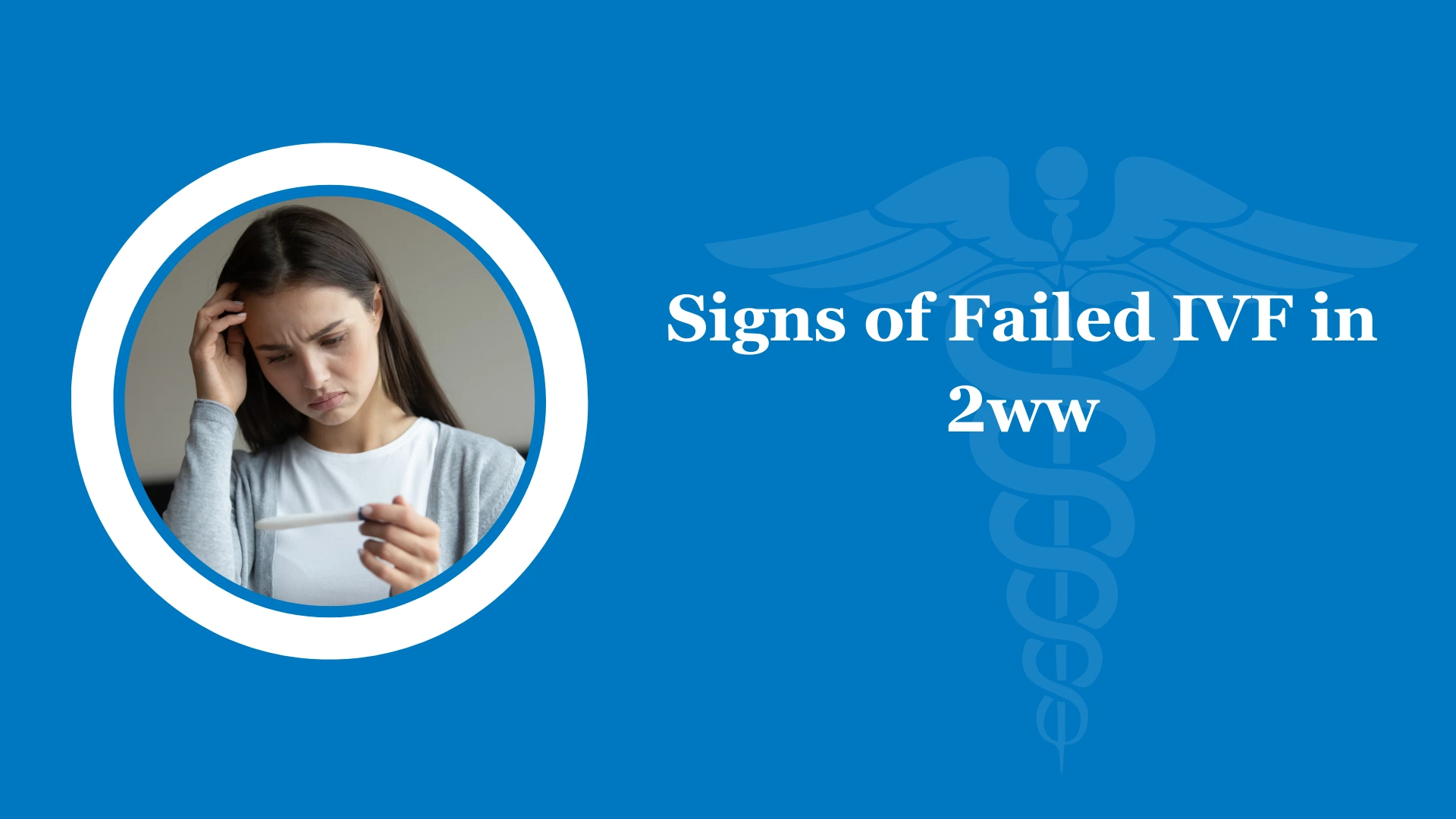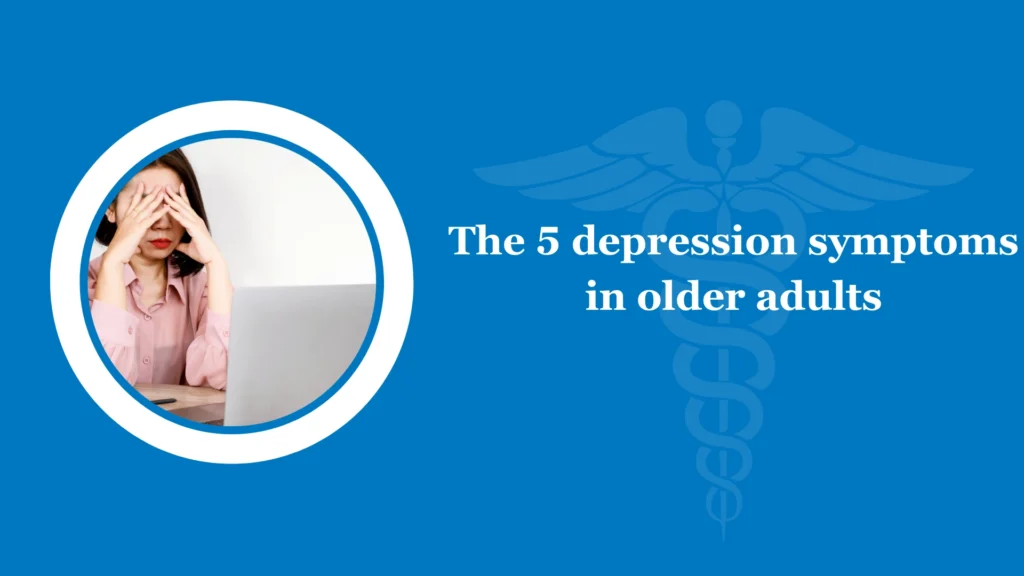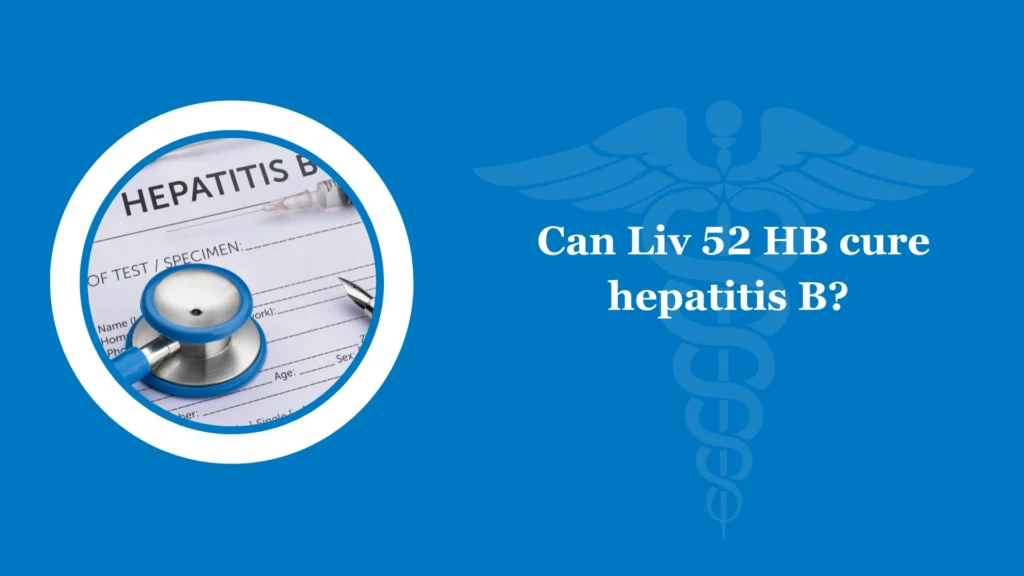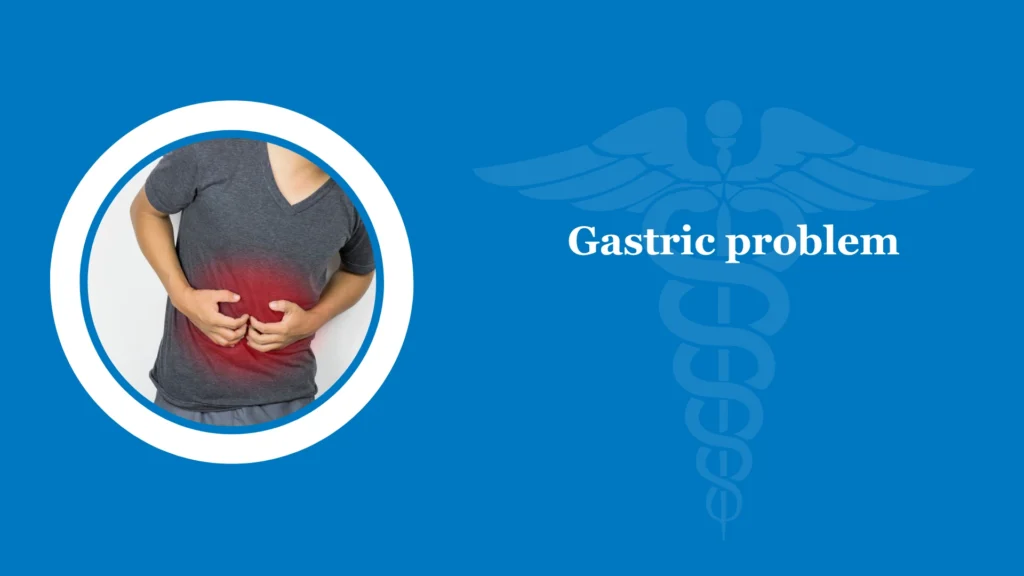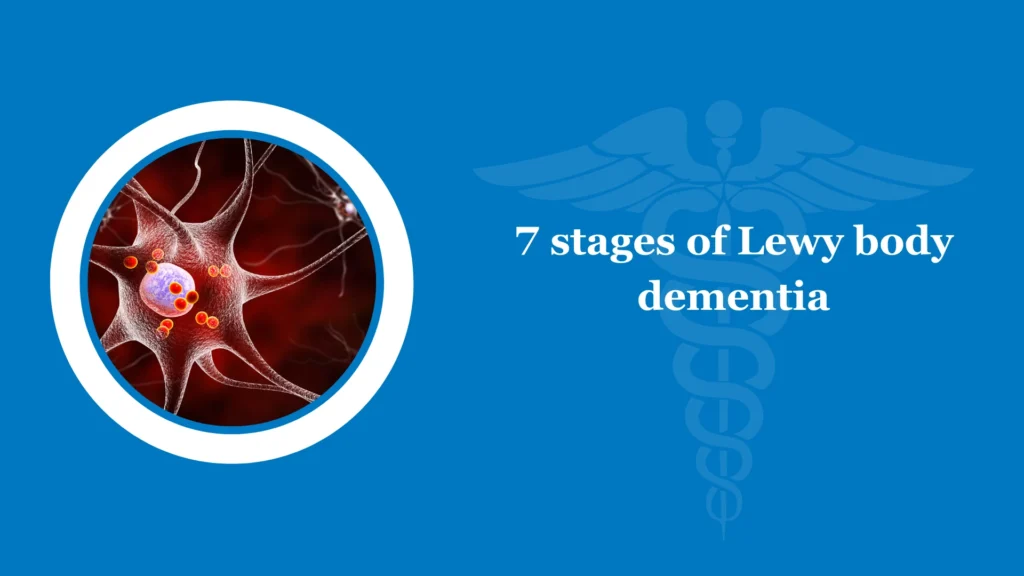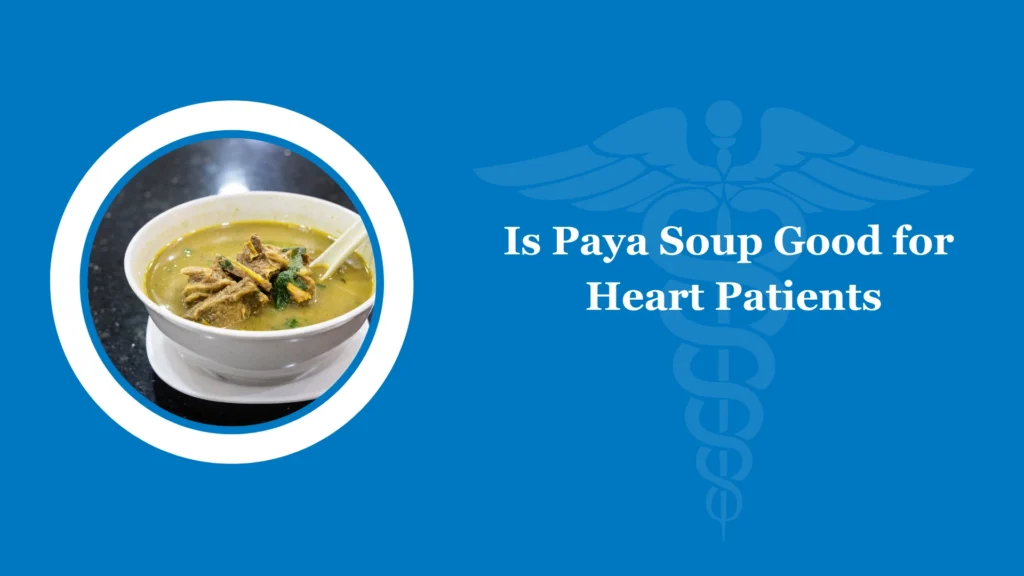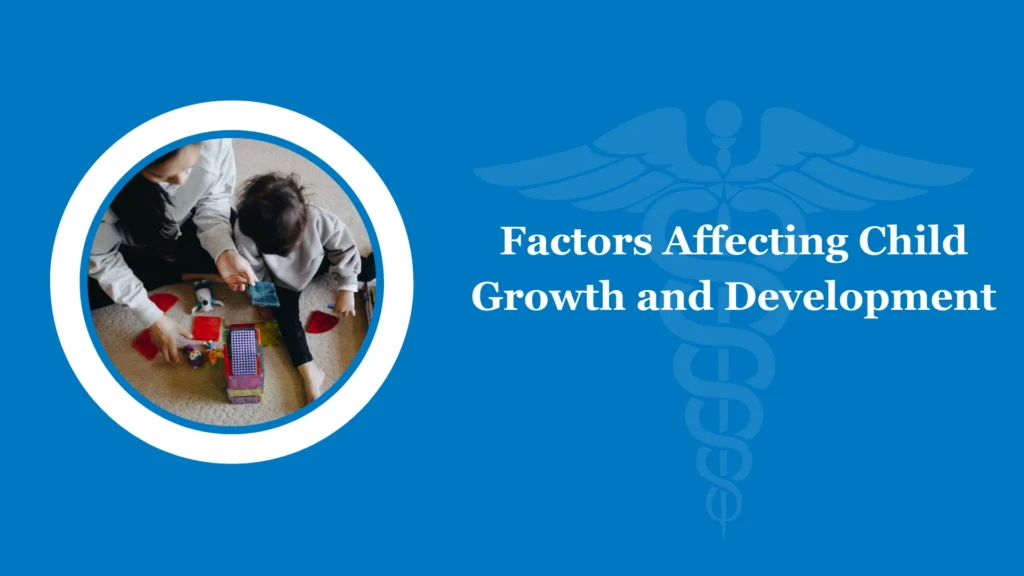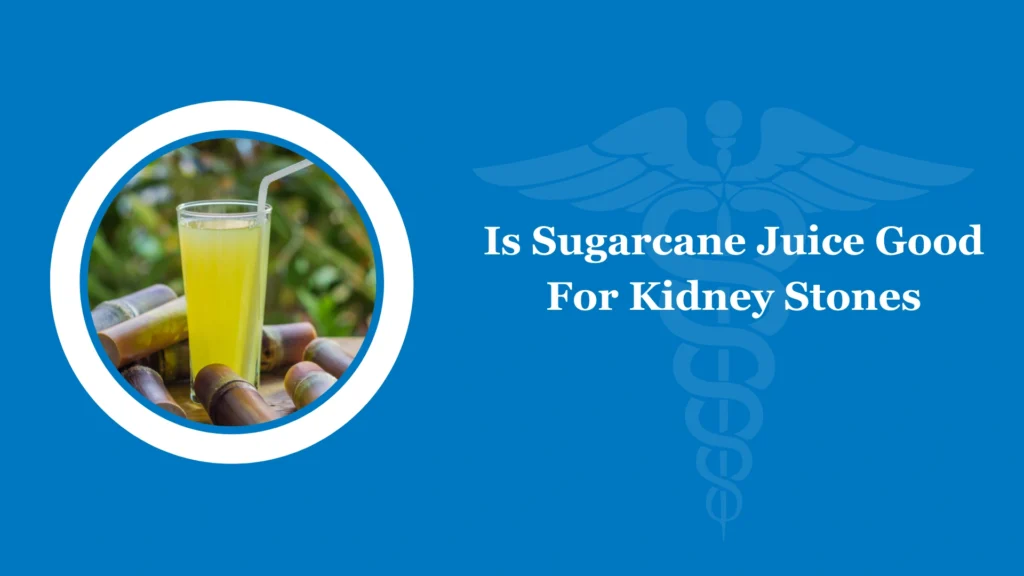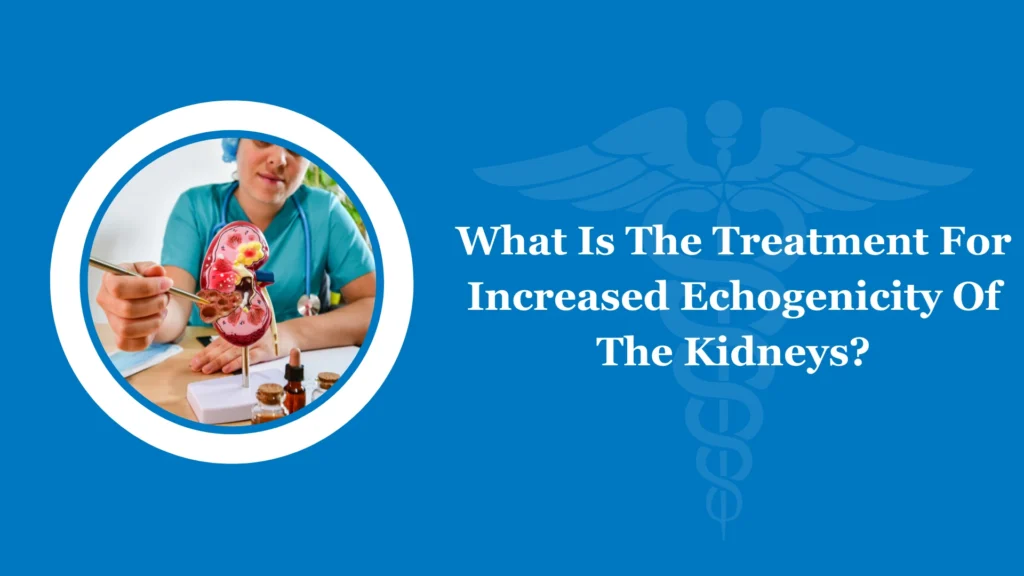Are you witnessing any negative signs or symptoms after IVF treatment? If yes, it is the time to consult your expert to ensure the causes. Though IVF (in vitro fertilization) is the last hope of couples and individuals, it may fail in some cases.
The reason for IVF failure is numerous, which differ from one another. However, the health condition of individuals is paramount while coming to the IVF result.
If you are looking to know the major signs of IVF failure, continue your reading:
What Are Signs of Failed IVF in 2ww?
Of course, the journey of IVF treatment is hard and painful. It impacts you both physically and mentally. However, the chances of success rate can be predicted after 2 weeks of IVF attempt. Here are the lists of symptoms you may uncover when the result is negative.
Negative Pregnancy Test Result
Acquiring a negative pregnancy result is a significant sign you will encounter initially. In case, if you get a negative sign in your home pregnancy test, then consult your IVF specialist to discuss the further steps.
Vaginal Bleeding
Bleeding after embryo transfer indicates a sign of failed IVF. Still, it is not an exact sign of failure, it might be an early symptom of a successful pregnancy.
Stomach Pain
Mild pain and cramping can be witnessed during successful IVF cycles. However, if the pain is not tolerable that confirms the failed IVF. Consult your IVF clinic, when you experience excessive pain or cramping.
What Are the Common Causes of Failed IVF?
The failure of an IVF cycle may happen due to many reasons and the doctors are yet to figure out the actual reason. Since some common causes are encountered by many patients and are listed below for your reference:
Less Quality Eggs
50% of embryo implantation fails in women aged above 35 and 40 years. Though the uterus seems healthy, the quality of the egg is poor. It is a key reason for most IVF failed cases, even transferring them to a surrogacy also results in failure. Before going to IVF, ensuring the quality of the egg may assist you in advance.
Less Quality Sperm
Similar to the quality of eggs, the sperm count and quality matter for successful IVF. The motility of the sperm should be potential enough to track the female egg. Once they meet, the enzymes released from the sperm break the shell of the egg and then fuse together. Generally, the quality of sperm is verified through semen test before undergoing IVF treatment.
Ovarian Response
For any fertility treatment, a woman’s age and the health of the uterus play a significant role in deciding the possibilities of successful IVF. In general, an ovary tends to release an egg on a monthly basis, and it starts to decline when a woman in her mid-30s. Most commonly, the egg quality and quantity tend to turn down, indicating that the reproductive potential is lower to get conceive.
Age
The quality of women’s eggs may go weak if a woman hits 35 years and above. It results in an unsuccessful IVF cycle.
Conclusion
The signs and symptoms of a failed IVF cycle vary from one another. While undergoing IVF treatment, patients need to take essential tests to ensure their success rate. Hope so, this article may provide you with open communication about infertility and in vitro fertilization. With this guidance, you can make your move safely.
